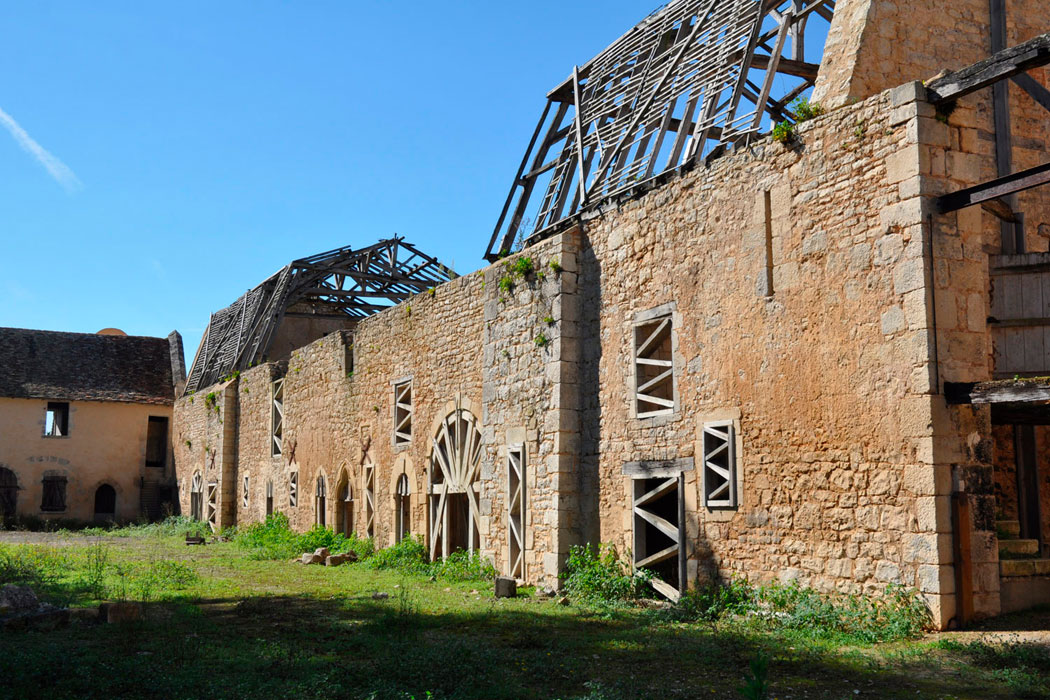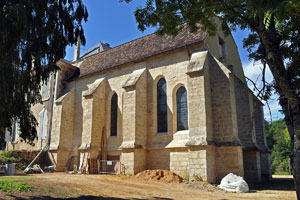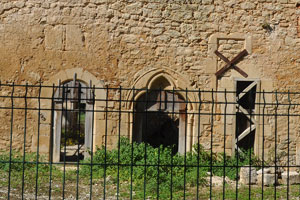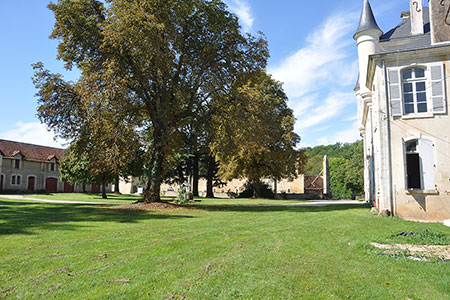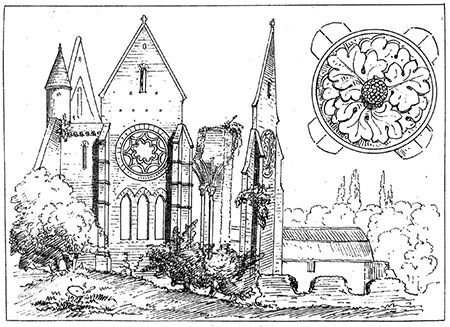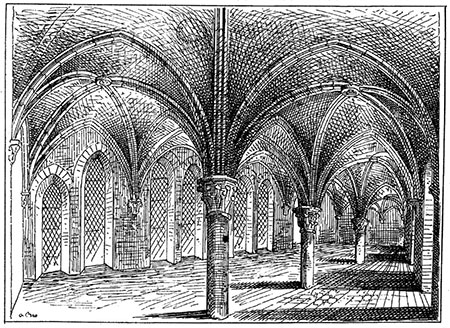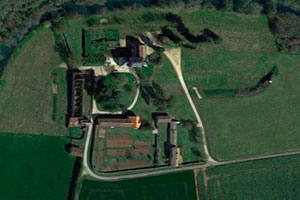The Cistercian abbey of Notre-Dame de Valence was founded in 1230 by Hugh X of Lusignan (c. 1182–1249), Count of La Marche and of Angoulême, and by his wife, Isabella of Angoulême (c. 1188–1246), widow of King John of England (1166–1216). Upon the founder’s death, the church received his remains, as well as those of some of his descendants, protectors of the community.
The monastery suffered from the effects of the Hundred Years’ War and, later, the Wars of Religion. In 1526 it was temporarily occupied by the Calvinists, along with its possessions. Although it never fully recovered, the community remained active until the late 18th century. In 1791, following the French Revolution, it passed into private hands until, in 1989, it was acquired by the municipality of Couhé; it is now publicly owned. Only a small part of the former monastery survives, the refectory being the most notable element, together with other buildings that formed part of the auxiliary facilities.
Affiliation of Notre-Dame de Valence
According to Originum Cisterciensium (L. Janauschek, 1877)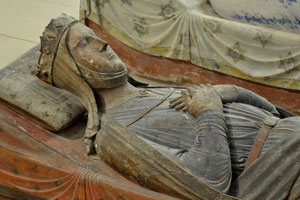
Church of Fontevraud
- ANDRAULT-SCHMITT, Claude (1999). L’abbaye de Valence et le style gothique des cisterciens. Civilisation Médiévale, núm. 5)
- BEAUCHET-FILLEAU, Henri (1868). Pouillé du diocèse de Poitiers. Niort: Clouzot / Poitiers: Oudin
- BEAUNIER, Dom (1910). Abbayes et prieurés de l'ancienne France. Vol. 3: Auch, Bordeaux. Abbaye de Ligugé
- BROUILLET, Pierre Amédée (1865). Indicateur archéologique de l'arrondissement de Civrai : depuis l'époque anté-historique jusqu'à nos jours. Civrai: Ferriol
- JANAUSCHEK, Leopoldus (1877). Originum Cisterciensium. Vol. 1. Viena
- MARTÈNE, Edmond; i altres (1717). Voyage littéraire de deux religieux bénédictins de la congrégation de Saint-Maur. París: Delaulne
- SAINT-MAUR, Congregació de (1720). Gallia Christiana in provincias ecclesiasticas distributa. Vol. 2. París: Typographia Regia
